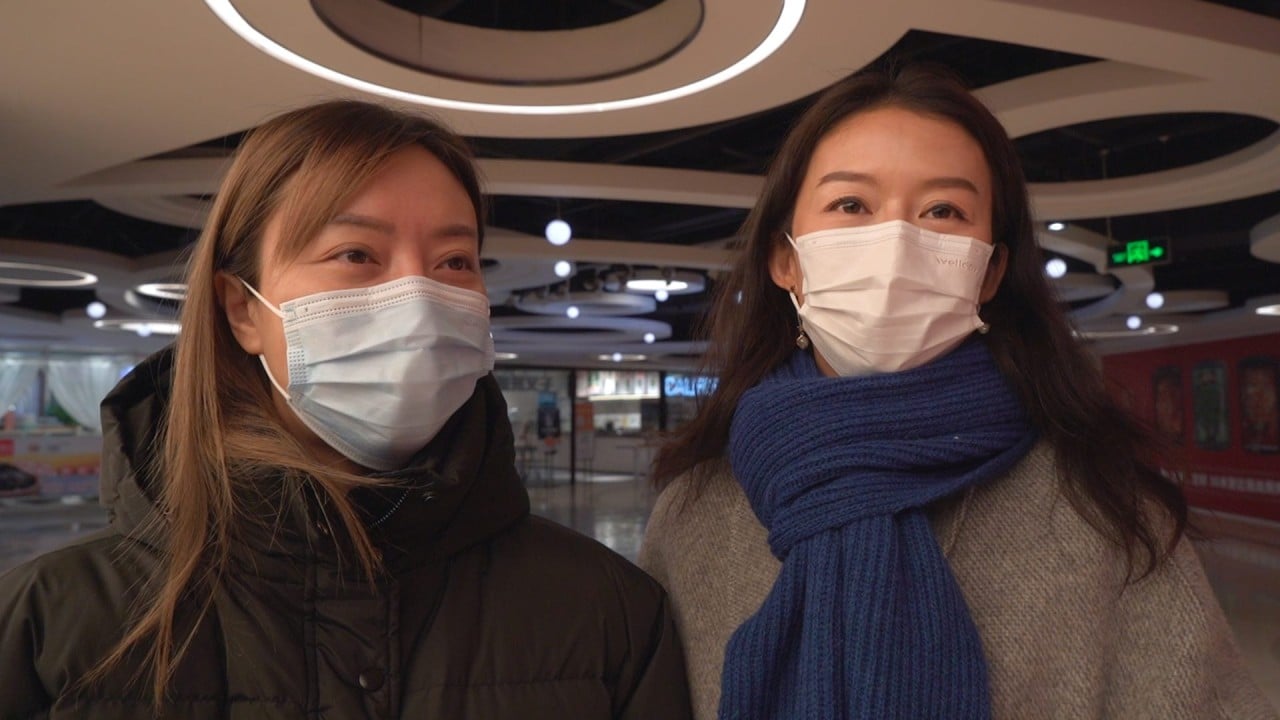
04:00
Beijing workers begin return to offices despite Covid surge as businesses struggle to reopen
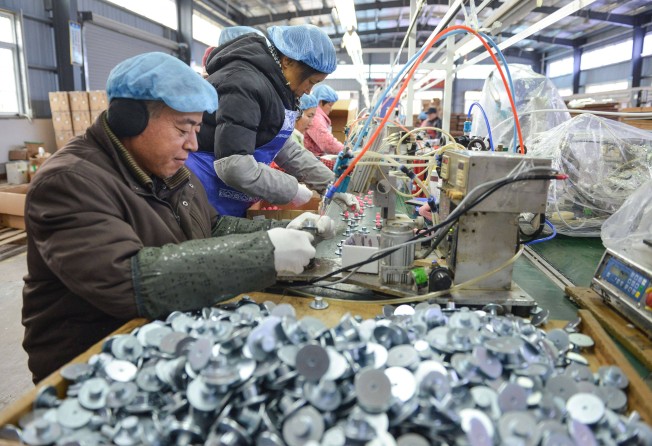
It’s set to be a long winter as an unprecedented Omicron wave rips through China. Infections are outpacing medical supplies, hospitals are overwhelmed, obituaries are frequently being written, and the economy is still struggling.
It seems we are not prepared and it is posing the biggest test for President Xi Jinping and his new team to lead the country to weather the coronavirus storm and restore economic and social order.
A spike in infections was inevitable and the economic recovery will be bumpy after Beijing’s abrupt pivot away from its zero-Covid policy, but the speed of infection has been surprisingly fast.
In dire shortage of medical supplies, people have to rely on neighbours and friends to share fever-reducing medicines and rapid antigen test kits. They are also desperate to protect the elderly and children, seen as the most vulnerable groups. In Taiwan and Hong Kong, people are purchasing Panadol in bulk for families and friends in mainland China.
Health officials have also narrowed the definition of a coronavirus-related death and now only count those who die from respiratory failure. On the other hand, crematoriums in Beijing are reportedly crowded and people are sharing the sorrow of losing their loved ones on social media.
The Lunar New Year, which takes places towards the end of January, will be another test for the nation’s virus prevention measures as the world’s largest migration each year for family reunions is likely to speed up infections in rural areas, which are less covered by medical services compared to big cities, but are made up largely of the elderly and children.
A return to normal is not expected until the second quarter of next year, when it is hoped a strong economic recovery will take place.
Admitting the heightened economic headwinds, the new leadership again made economic growth a top priority at a key economic meeting last week, and said that the nation is entering a new phase of living with the virus while focusing on treating and preventing severe illness.
The two-day central economic work conference also sent a strong signal to back up the beleaguered private sector, part of Beijing’s efforts to lift confidence and address concerns over policy uncertainty and unpredictability.
Beijing played up the significance of the private sector to the overall economy, pledging to put it on equal footing with the state sector and vowing to protect the interests of private entrepreneurs.
The government will prioritise stimulating consumption next year, while maintaining a strong export environment and protecting and attracting foreign investments. It also pledged stronger fiscal and monetary support to stabilise the economy and employment.
But sweet talk is not enough. Business communities and analysts have warned against risks of promise fatigue. Concrete actions are most needed to retain the allure of the Chinese market and revitalise the bruised private sector that has been hit hard by the crackdown on the property sector, private tutoring and big tech companies.
The government is also stepping up rescue measures for the struggling property market.Outgoing economic tsar Liu He said that the sector is a pillar industry for China, and that he is highly confident for an economic recovery in 2023.
The market is waiting for more details to revive the economy in the coming months. The new State Council will specify key policy goals in March, with the possibility of a higher fiscal budget deficit and more fiscal transfer to support a recovery in gross domestic product growth. It is expected that Beijing may set its economic growth target for 2023 at 5 per cent.
Local governments are flocking to send business delegations overseas to shore up export orders and rebuild supply chains after three years of isolation under the zero-Covid policy.
The sharp policy U-turn in the absence of a measured exit plan, however, may compromise Beijing’s efforts to ease concerns over policy unpredictability, while it won’t reverse concerns over supply chain diversification from China, business insiders have warned.
Nevertheless, Beijing has said the finish line is in sight. It’s the darkness before dawn, we hope.
With infections seemingly reaching a peak in Beijing and people recovering, social mobility and economic activities have slowly picked up in what is hopefully a sign of things to come.
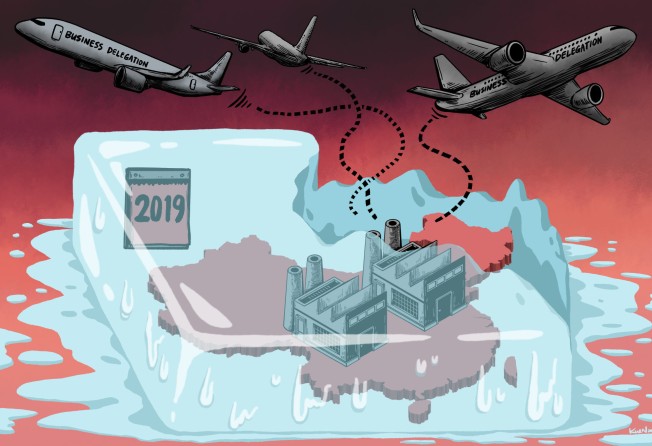
Chinese business charm offensive aims to rebuild supply chains with human touch after 3-year isolation
Local governments across China are flocking to send business delegations overseas, striving to shore up export orders and foreign investment that took a heavy hit amid zero-Covid policy
Chinese exporters are fearful of fiercer competition among themselves, and for some small firms, ‘the next step is to fight with the gloves off’
On his first trip abroad in three years, Chen Yuan, a Chinese exporter of computer and phone accessories, made Dubai his first stop.
He described meeting some long-time clients as “an exciting reunion of old friends”.
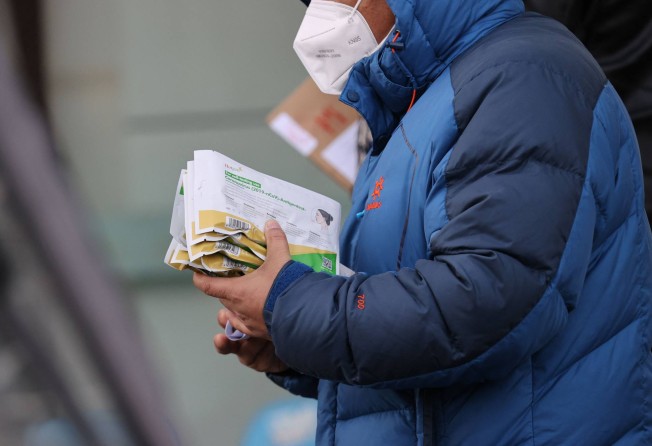
Coronavirus: China’s dire shortage of antigen test kits shows the market gap created by zero-Covid U-turn
Manufacturers say scarcity was created by shock surge in demand after restrictions were eased, while production capacity has failed to keep up amid price gouging and hoarding
Premier Li Keqiang says the government should help manufacturers expand capacity and boost production, while also importing urgently needed goods
If you search the major Chinese e-commerce platforms for “antigen test kit”, you will find limited results – and even those are not for products in stock but merely links to presales.
In China, many pharmacies are posting notices about sold-out antigen test kits and long queues are forming in front of the few stores that still have them.
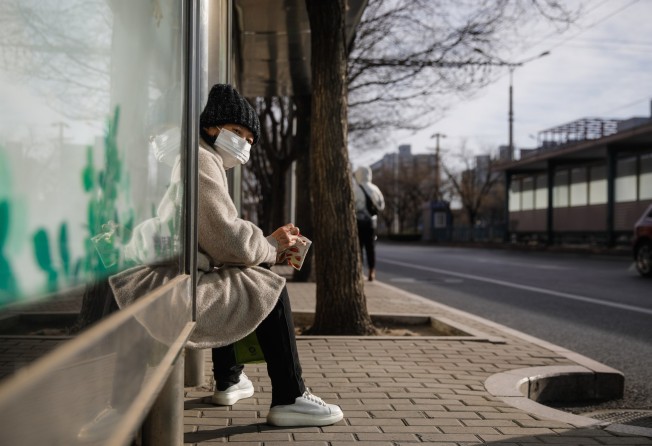
China on track for fast post-Covid economic recovery in first half of 2023
After some reopening jitters, the country can expect economic activity to come back to life, particularly in the second quarter, Han Wenxiu says
Authorities must also support smaller businesses that have taken a huge hit in the three years of zero Covid, former statistics chief says
Despite short-term interruptions from reopening, China’s economy will recover quickly in the first half of next year, a senior economic official has forecast.
Han Wenxiu, deputy director of the General Office of the Central Financial and Economic Affairs Commission, offered the assessment after Beijing renewed its commitment to get the economy back on track during the annual tone-setting central economic work conference on Friday.
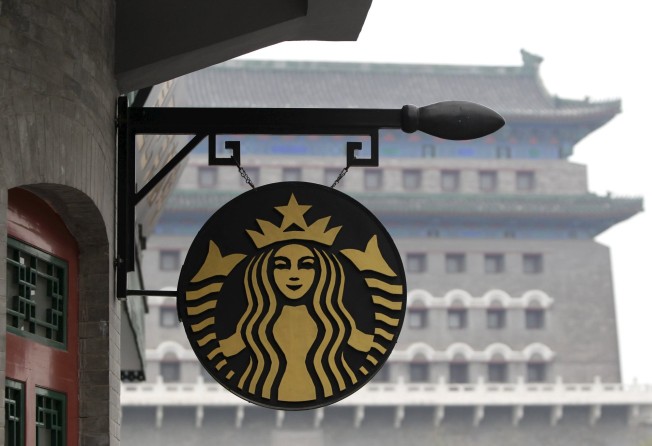
US firms in China will see ‘no light at the end of the tunnel’ in 2023, business council says
Douglas Barry, communications and publications vice-president with the US-China Business Council in Washington, expects 2023 to be a very difficult year
On Thursday, the US Department of Commerce added 36 Chinese firms to its entity list in a move to curb Beijing’s ability to leverage technologies for military use
Political friction, restrictions in the technology sector and an economic slowdown tracking China’s tight coronavirus controls will vex American firms next year even as company executives aim to return and rekindle operations, a US trade group official said.
“Many members say they will send executives once the country opens,” said Douglas Barry, communications and publications vice-president with the 265-member US-China Business Council in Washington.
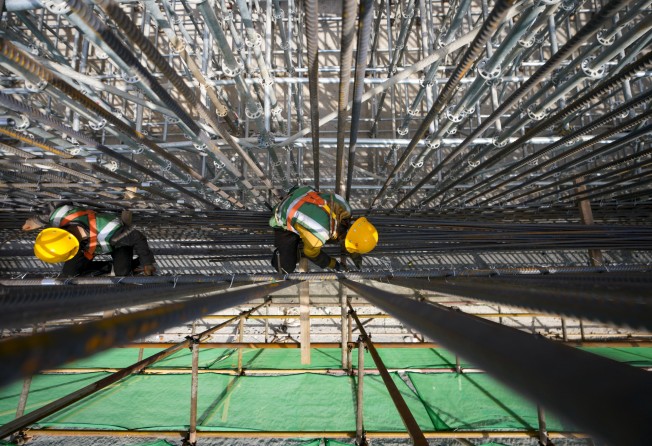
China’s economic tsar ‘highly confident’ of recovery in 2023, mulls property-sector support
Vice-Premier Liu He made the remarks in a written speech to a China-European Union dialogue on Thursday
Chinese ambassador to United States Qin Gang also met US Treasury Secretary Janet Yellen on Thursday in Washington
China will see an economic recovery next year and is mulling new measures to support the beleaguered real estate market, Vice-Premier Liu He said on Thursday, in the latest high-profile remarks intended to shore up market sentiment.
The outgoing economic tsar made the remarks in a written speech to a China-European Union dialogue on Thursday, when he called for expanding bilateral cooperation in trade, science and technology and digital sectors.
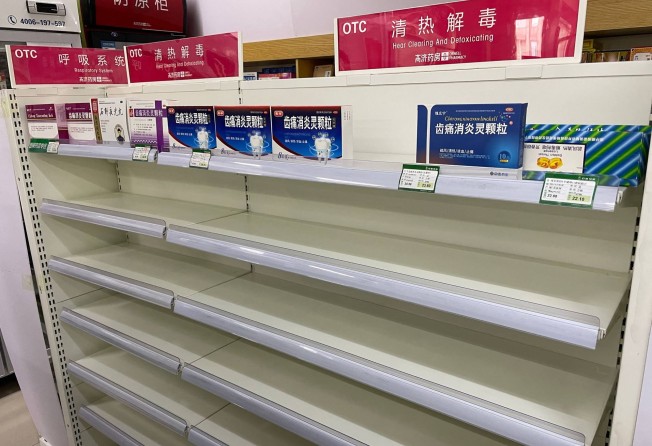
As China’s coronavirus infections spike, Beijing sees food, medicine shortages
A sudden surge in Covid infections has stoked public anxiety and created huge demand for medical supplies and food delivery in the capital Beijing
But pharmacies are running short on medicines and delivery drivers are falling sick, meaning many residents are struggling to purchase daily necessities
As coronavirus cases surge in Beijing, buying essential medical supplies has become increasingly difficult. Just ask Amy Liu, who began feeling sick on Sunday.
“It’s quite ridiculous. I can’t find any thermometers for humans on the delivery apps,” the student said. “The only one I could find was for veterinary work.”
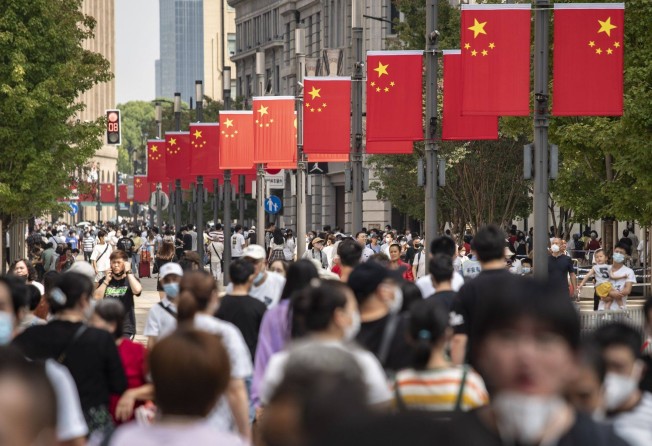
China to expand economy, offset ‘bullying’ by turning domestic market into ‘gravitational field’
China has set out plans to boost domestic demand and open up the economy to more investment more over the next decade
By expanding its domestic market it will help counter ‘unilateralism’, ‘protectionism’ and ‘bullying, the State Council says
China has mapped out a plan to expand its huge domestic market by turning it into a gravitational field that will make it integral to international trade.
The country will boost domestic demand and open up the economy more over the next decade, helping to create a “gravitational field of high-end international resources”, according to the document published late on Wednesday by the State Council.
Global Impact is a fortnightly curated newsletter featuring a news topic originating in China with a significant macro impact for our newsreaders around the world.
Sign up now!